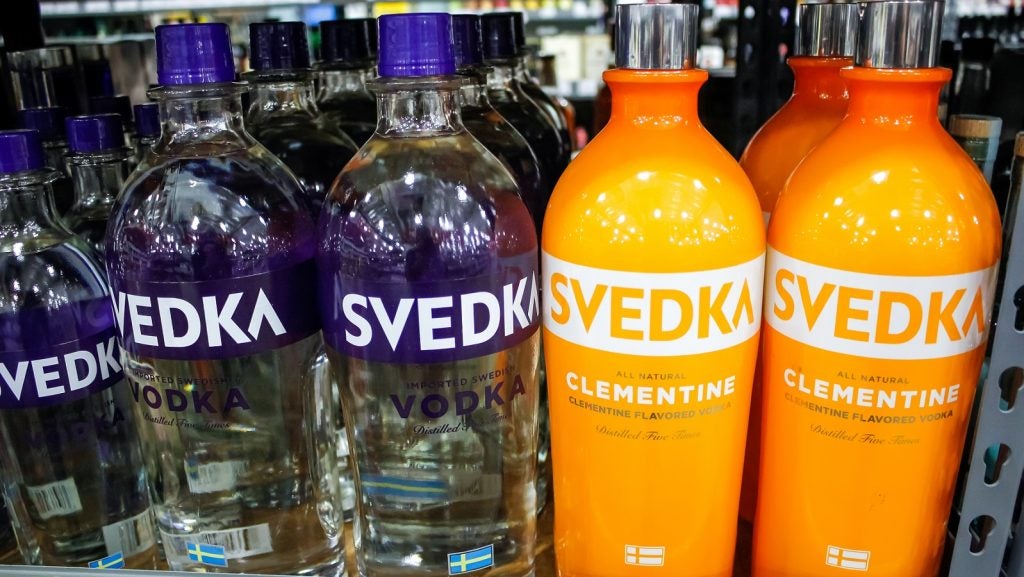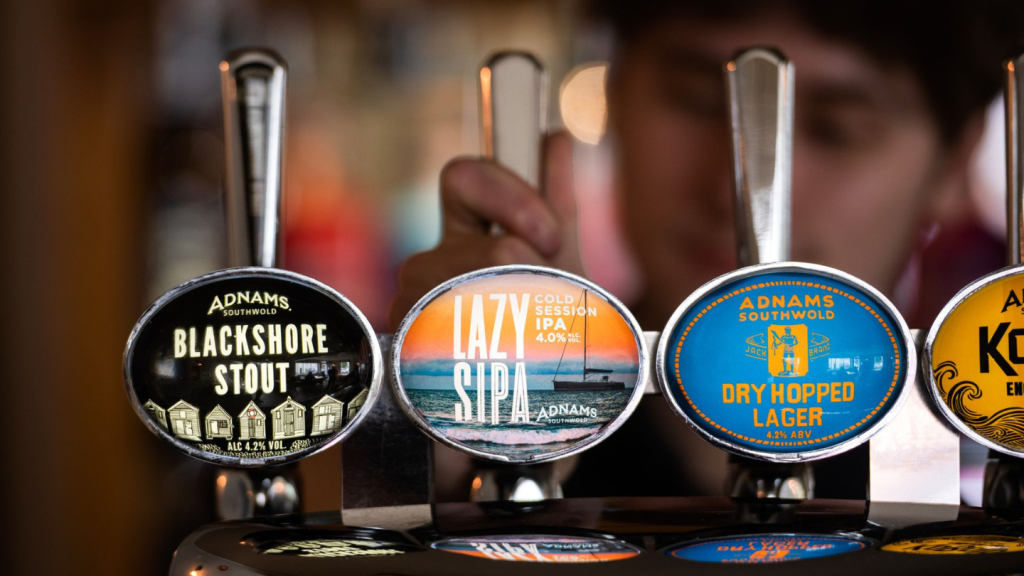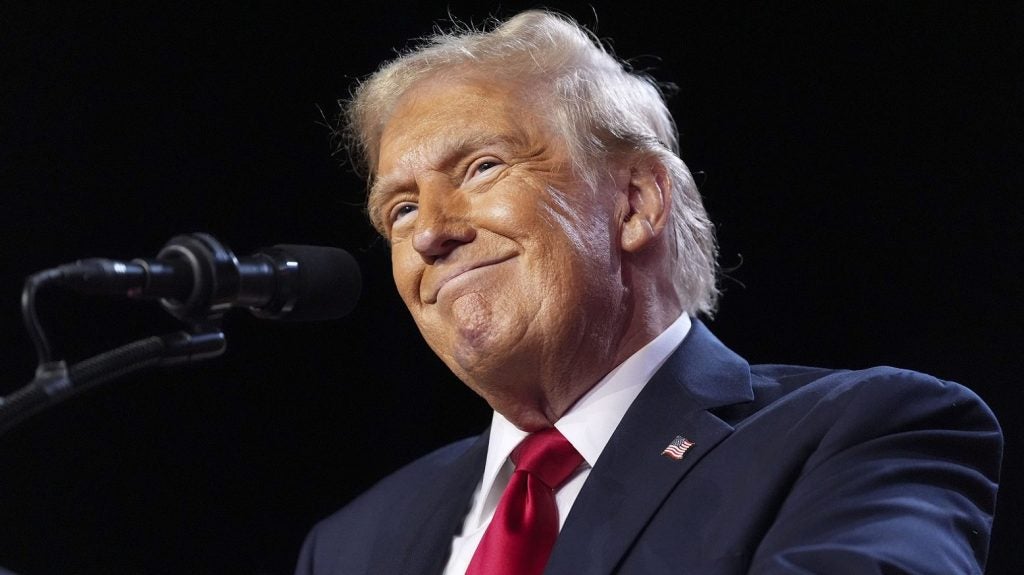Greenpeace has warned of “dire consequences” for the planet as talks in South Korea over a global treaty to stop plastic pollution ended with no agreement.
Instead, deliberations have been kicked down the road to another meeting, yet to be set in stone, of the Intergovernmental Negotiating Committee (INC5) that concluded a week of talks on Sunday (1 December).
While the fifth session of INC5 held in the South Korean city of Busan failed to deliver an agreed text on a Global Plastics Treaty, optimists hope a deal might be reached at the final negotiation stage.
“Negotiations were deferred to yet another session with a small bloc of petrostates stalling negotiations and trying to dilute ambitions towards the lowest common denominator,” the Center for International Environmental Law (CIEL) said in a statement.
As oil-producing Saudi Arabia, Iran and Russia were identified as among the main culprits resisting a deal, the environmental activist group Greenpeace expressed its disappointment.
An “ambitious majority must break through fossil fuel influence and the obstruction of a few, to deliver an effective agreement with binding global targets and measures to reduce plastic production”, Greenpeace said in a statement.
Graham Forbes, the head of the Greenpeace delegation at the talks, added: “Every day that governments allow polluters to continue flooding the world with plastic, we all pay the price.
“This delay comes with dire consequences for people and the planet, ruthlessly sacrificing those on the frontlines of this crisis.”
Forbes urged the pro-deal camp to continue to “fight for protections” from polluting plastic chemicals, including bans on single-use plastics and setting global targets on reusable plastics.
“We stand at a historic crossroads,” he said. “The opportunity to secure an impactful plastics treaty that protects our health, biodiversity and climate remains within reach.
“Strong political headwinds make this more challenging, but the lesson from INC5 is clear: ambitious countries must not allow the fossil fuel and petrochemical industries, backed by a small minority of countries, to prevent the will of the vast majority.”
David Azoulay, the CIEL’s director of environmental health, also voiced his frustration at the countries blocking a plastics pact.
“What we saw in Busan was a weaponisation of consensus by a small number of countries to stall progress and undermine the negotiations,” Azoulay said.
“We must resist the idea that this process is destined to remain paralyzed by obstruction. At the next session, countries must once and for all clarify that they are ready to use all options, including voting, to deliver the treaty they continue to affirm is needed.”
More than 100 countries had reportedly supported a draft of an agreement containing legal requirements to reduce plastic pollution and phasing out of single-use plastics, according to the UK’s The Guardian newspaper.
The publication cited the chief EU negotiator Hugo Schally as expressing his dismay at the failure of the talks to reach a global plastics treaty at the final plenary of the meeting in Busan.
Schally, who is also the European Commission’s director general for the environment, said: “The EU is disappointed by the outcome of INC5; we didn’t get what we came here for, a binding treaty with decisive action against plastic pollution … but we feel encouraged and empowered by a growing number of countries sharing the same ambitions.”
Food and drinks manufacturers such as Nestlé, Unilever, PepsiCo and Danone had pressed their case for a treaty agreement in the run-up to the Busan meeting. Among 20 consumer-goods companies, they signed an open letter organised by the Business Coalition for a Global Plastics Treaty.
The coalition features more than 250 businesses, financial institutions and NGOs. The group views the treaty as the “single most important opportunity” to drive progress toward a circular economy, according to UK-based charity The Ellen MacArthur Foundation, which is a co-convenor of the coalition.
The Coalition also issued a critical assessment of the conclusion of the talks in South Korea.
“Disappointingly, consensus among all nations remains elusive, which further delays critical action to end plastic pollution. It also fails to deliver the certainty that business needs to mobilise investment and scale solutions.”
It stressed, too, that “unending negotiations” risk not coming up with an agreement at all, as the group urged parties to come to some consensus at the forthcoming talks.
“At the resumed INC5.2 session, governments must make a choice - they can continue negotiating a treaty with universal support but little impact, or they can agree on a treaty based on strong global rules across the full lifecycle of plastics and with a comprehensive financing mechanism, confident in knowing that this is what the majority of governments, business and citizens want,” the Coalition said.
















